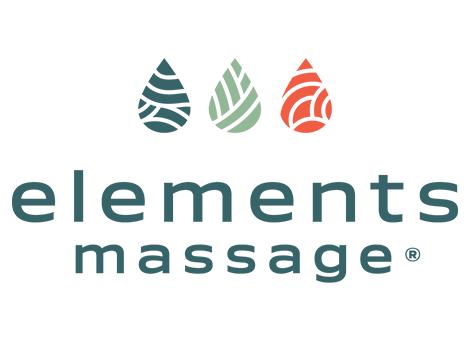Mental relaxation is crucial for maintaining a balanced and healthy life, especially in the face of daily stressors and challenges. It involves achieving a state of calmness and tranquility in the mind, which can significantly reduce stress, enhance mood, and improve overall mental health. Massage therapy, with its holistic approach to wellness, has been widely recognized for its ability to induce mental relaxation, offering a reprieve from the mental fatigue and tension that can accumulate due to work, personal responsibilities, or emotional stress.
Mechanisms Through Which Massage Therapy Facilitates Mental Relaxation
-
Activation of the Parasympathetic Nervous System: Massage therapy promotes relaxation by activating the parasympathetic nervous system (PNS), the branch of the autonomic nervous system responsible for the body's rest and digest functions. This activation leads to physiological changes such as decreased heart rate, lowered blood pressure, and relaxed breathing patterns, all of which contribute to a state of mental calmness (Field, 2010).
-
Reduction of Stress Hormones: The process of receiving a massage has been shown to reduce levels of cortisol, a hormone associated with stress. By lowering cortisol levels, massage therapy can alleviate feelings of stress and anxiety, paving the way for mental relaxation and improved emotional well-being (Moraska et al., 2008).
-
Release of Endorphins: Massage therapy stimulates the release of endorphins, the body's natural "feel-good" hormones. These hormones can create a sense of euphoria and tranquility, effectively inducing mental relaxation and alleviating symptoms of depression and anxiety (Field, 2014).
-
Enhanced Mind-Body Connection: Massage therapy encourages individuals to focus on the present moment and the sensations of touch, promoting mindfulness. This enhanced mind-body connection can divert attention away from stressful thoughts or worries, fostering a state of mental relaxation (Field, 2016).
Scientific Evidence on Massage and Mental Relaxation
Numerous studies have highlighted the effectiveness of massage therapy in promoting mental relaxation. A study by Rapaport et al. (2010) found that participants receiving massage therapy not only exhibited physiological signs of relaxation but also reported significant reductions in psychological stress, suggesting an improvement in mental relaxation.
Another research study focused on individuals with generalized anxiety disorder (GAD) showed that those who received massage therapy experienced significant reductions in anxiety levels and an increase in mental relaxation, compared to a control group (Sherman et al., 2010).
Conclusion
Massage therapy is a powerful modality for inducing mental relaxation, addressing both the physiological and psychological aspects of stress and tension. Through the activation of the parasympathetic nervous system, reduction of stress hormones, release of endorphins, and promotion of mindfulness, massage therapy can facilitate a profound sense of mental calmness and relaxation. Integrating massage therapy into regular wellness routines can offer significant benefits for mental health, providing a natural and effective way to manage stress and enhance emotional well-being.
References
- Field, T. (2010). Touch for socioemotional and physical well-being: A review. Developmental Review, 30(4), 367-383.
- Field, T. (2014). Massage therapy research review. Complementary Therapies in Clinical Practice, 20(4), 224-229.
- Field, T. (2016). Massage therapy research review. Complementary Therapies in Clinical Practice, 24, 19-31.
- Moraska, A., Pollini, R. A., Boulanger, K., Brooks, M. Z., & Teitlebaum, L. (2008). Physiological adjustments to stress measures following massage therapy: a review of the literature. Evidence-Based Complementary and Alternative Medicine, 7(4), 409-418.
- Rapaport, M. H., Schettler, P., & Bresee, C. (2010). A preliminary study of the effects of a single session of Swedish massage on hypothalamic–pituitary–adrenal and immune function in normal individuals. The Journal of Alternative and Complementary Medicine, 16(10), 1079-1088.
- Sherman, K.J., et al. (2010). A randomized, controlled trial of massage therapy as a treatment for generalized anxiety disorder. Depression and Anxiety, 27(4), 367-371.

